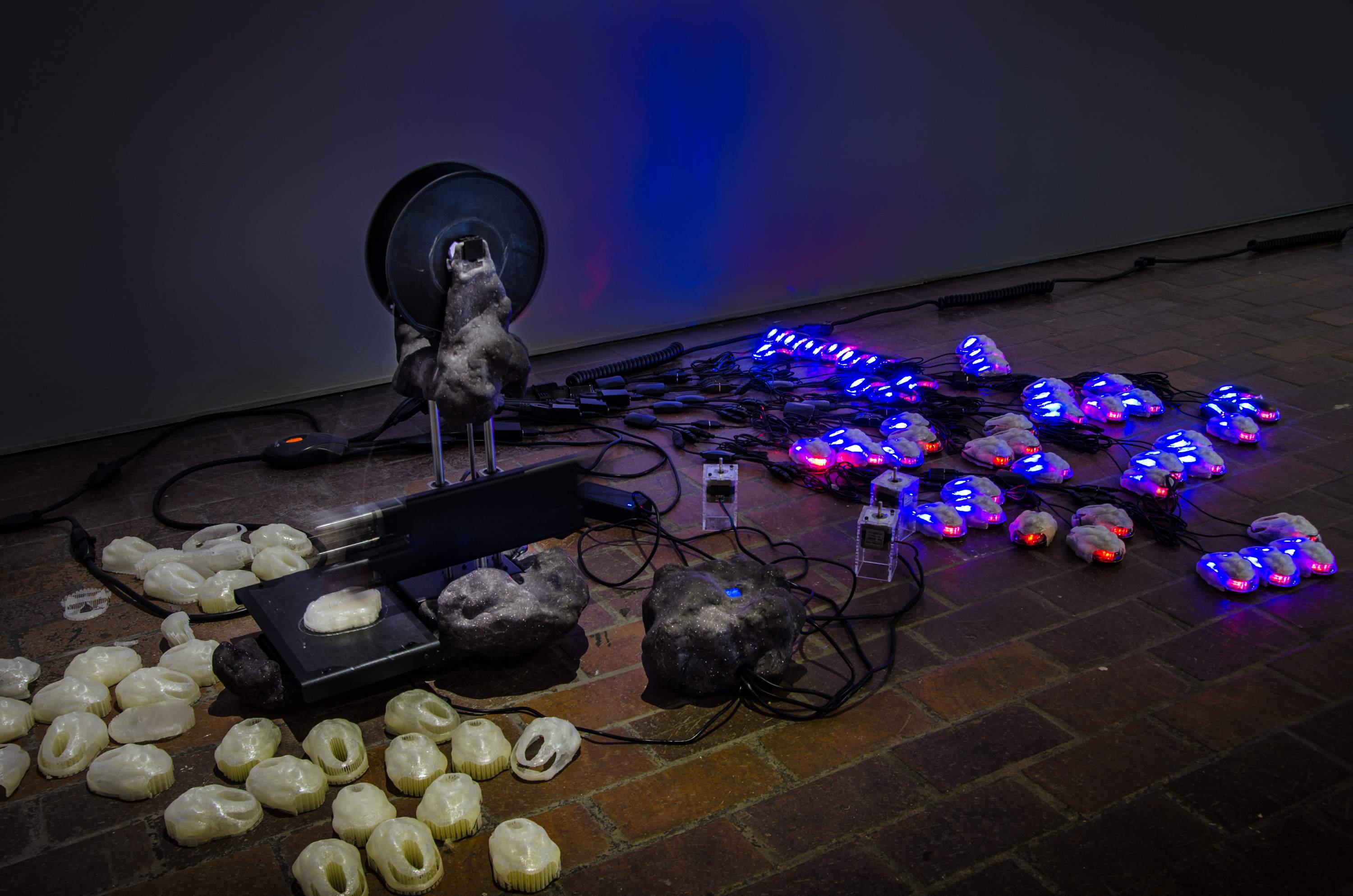Director: Sophie Letourneur
Cast: Sarah-Jane Sauvegrain, Eulalie
Juster, Mahault Mollaret
France, 90’, 2009, color
French with Turkish
subtitles
In her debut feature, which has drawn comparisons to late French masters Rohmer and Rouch, Letourneur insightfully and humorously portrays the seemingly quite happy daily life of a small group of bohemian girls living together on the left bank in what they call their “Ranch.” A tight-knit circle of 20-somethings, Lola, Pam, Manon, Chloé and Jude—all played by non professionals, and all friends in real life—are smart, somewhat naïve, and often temperamental, spending their days drinking, smoking, laughing, dancing, gossiping, and discussing their love lives, until each realizes they must break from the group to pursue their own lives. Part of ACID’s 2010 Cannes sidebar, La vie au ranch was a festival favorite, screening at Viennale, Vancouver, Sydney, Belfort (where it won the Best French Film Award), and the International Film Festival Rotterdam. Letourner’s semi-autobiographical first feature seamlessly combines performances from amateur actors, layered dialogue, and real-life cast experiences.

He had imagined the court room as a big place. It wasn’t. It was about the size of his living room, with an elevation at one end, with a dais on it. The judges and the attorneys sat there. Below it was an old wooden rail, worn out in some places. That was his place. There was another seat for his lawyer. At the back, about 20 or 30 chairs were stowed out for the non-existent crowd.
Tuesday - Saturday 10:00 - 19:00
Friday 10:00 - 22:00
Sunday 12:00 - 18:00
The museum is closed on Mondays.
On Wednesdays, the students can
visit the museum free of admission.
Full ticket: 300 TL
Discounted: 150 TL
Groups: 200 TL (minimum 10 people)